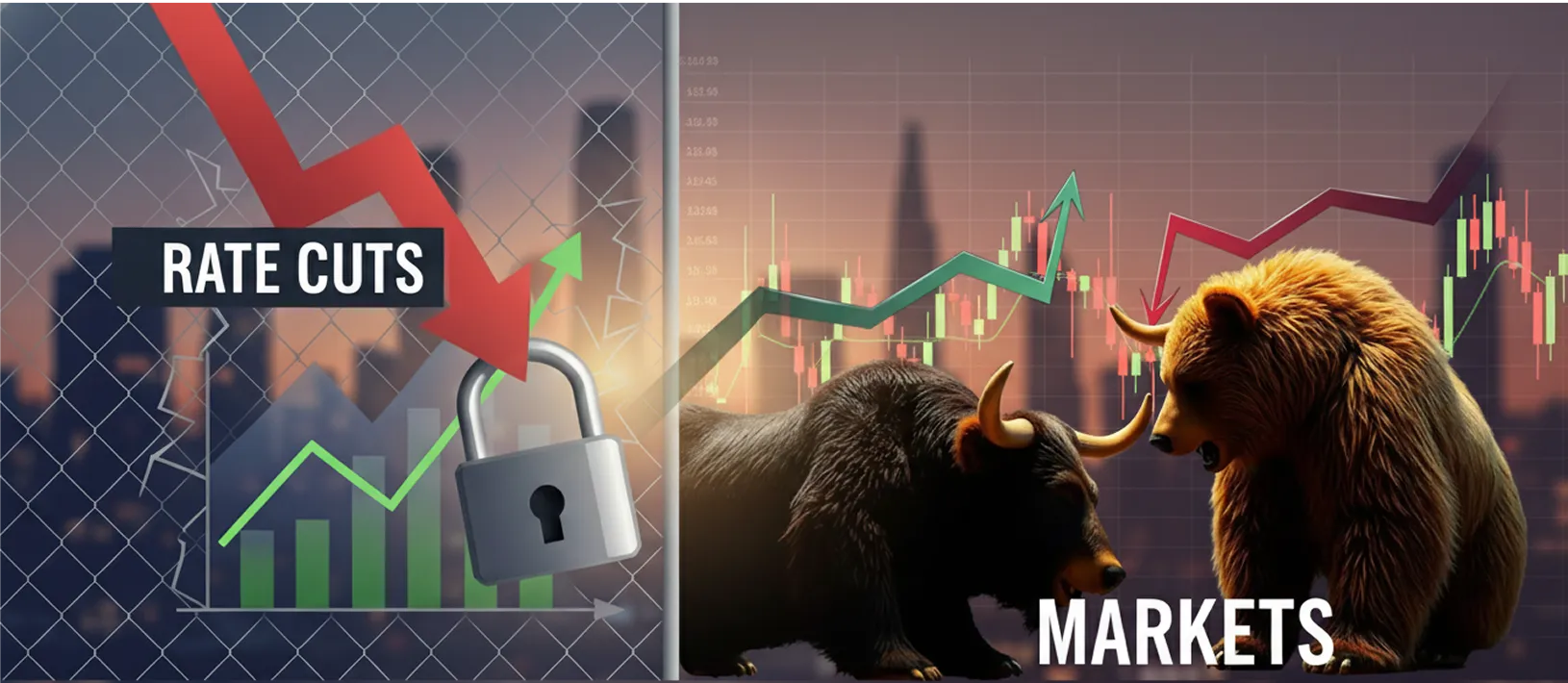Amid rising geopolitical tensions between India and Pakistan, we understand investor concerns about market volatility. However, history offers useful perspective. Over the past 30 years, India has experienced multiple episodes of conflict with Pakistan, and in each case, market reactions have been short-lived.
Historical Conflicts and Market Response
India's Strengthened Economic and Defence Position
India has significantly fortified its economic and strategic resilience over the past decade. From building a more robust defence infrastructure to strengthening its financial buffers, the country is better equipped than ever to navigate external shocks, including geopolitical tensions. These improvements offer a strong cushion against volatility and reduce the risk of prolonged market disruptions from regional conflicts.
1.Defence Budget Growth: India's defence budget has increased from ₹2.53 lakh crore in 2014 to ₹6.22 lakh crore in 2024, marking a 2.5-fold rise over a decade.
2. Foreign Exchange Reserves: As of April 18, 2025, India's forex reserves have reached a six-month high of $686.2 billion, providing an import cover of approximately 11 months.
3.External Debt Stability: India's external debt stood at $717.9 billion at the end of December 2024, with a debt-to-GDP ratio of 19.1%, indicating manageable debt levels.
4.Market Composition: Over 55% of the Nifty 50 index now comprises sectors like banking, IT, FMCG, and industrials, which are less directly impacted by border tensions.
Looking Ahead with Confidence
Despite periodic geopolitical tensions, India’s macroeconomic fundamentals remain robust.
- GDP growth projections for FY25 remain strong at around 6.5%, making India one of the fastest-growing major economies in the world.
- Corporate earnings have grown at a compound annual growth rate (CAGR) of over 14% over the past five years.
- GST collections continue to set records, with ₹2.37 lakh crore collected in April 2025.
- Credit growth in the banking system stands at over 12%, reflecting strong business and consumption momentum.
These trends reinforce the view that India’s long-term investment potential remains intact, despite short-term market noise.
Stay Focused, Stay Invested
Rather than reacting to short-term market noise, investors would benefit more from staying aligned with their long-term financial goals. Market volatility due to geopolitical events is often temporary, but the power of compounding and disciplined investing unfolds over years.
Maintaining a well-diversified portfolio — across asset classes, sectors, and geographies — helps cushion against unexpected shocks while positioning portfolios to capture growth across economic cycles. History shows that patient, long-term investors tend to outperform those who make abrupt decisions based on temporary uncertainties.
.png)











.svg)
.webp)
.svg)
.svg)
.svg)
.svg)